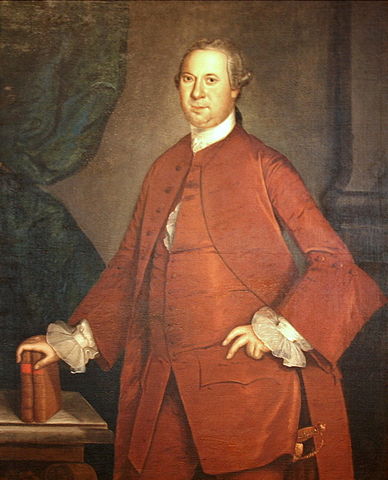
Daniel of St. Thomas Jenifer was a Founding Father from the State of Maryland. He served in the Continental Congress and signed the U.S. Constitution.
Early Life
Daniel of St. Thomas Jenifer was born in 1723, at Coates Retirement (now Ellerslie) estate, near Port Tobacco in Charles County, Maryland. Little is known about his childhood or education. As an adult, he came into possession of a large plantation near Annapolis, Maryland. He lived on the plantation, known as Stepney, for the majority of his life.
Jenifer served as justice of the peace for Charles County and later for the western circuit of Maryland. He was also a member of the commission that resolved a boundary dispute between Pennsylvania and Delaware. He later became a member of the provincial court and sat on the Maryland royal governor’s council.
Public Service
While Jenifer was a member of the British colonial government, he supported the American Revolution. He served as president of the Maryland council of safety from 1775-1777 and helped Maryland establish its militia. He then served as president of Maryland’s first state senate. From 1778-1782, Jenifer was also a member of the Continental Congress.
A close friend of James Madison and George Washington, Jenifer was concerned about strengthening the union between the states. In 1785, he represented Maryland at the Mount Vernon Conference.
Constitutional Convention
Two years later, Jenifer was chosen to represent Maryland at the Constitutional Convention. While Jenifer’s age limited his participation in the Convention, he was one of 29 delegates that attended nearly all of the proceedings.
Jenifer joined Thomas Jefferson as one of the Constitution’s oldest delegates. Like Jefferson, Jenifer relied on the reputation he had gained to push for a strong central government. He also used his prestige and good humor to help broker compromises on key issues. “The first month we only came to grips, and the second it seemed as though we would fly apart forever, but we didn’t-we jelled,” he wrote.
Following the Convention, Jenifer retired to his plantation near Annapolis and did not seek further public office. He lived for just three more years, dying in 1790.








